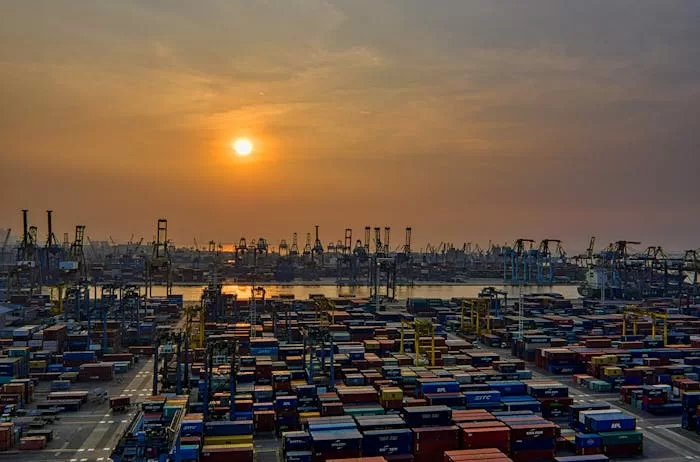Business
How To Enhance Your Shipping Logistics Through Effective Partnering

Businesses have to be on top of shipping logistics to keep core costs in check and to prevent disruption to many aspects of their operations. This involves making savvy decisions about freight partners, as you need to work with ones that bring efficiency and reliability to the table.
If you’re in the dark about how to pick between the potential providers, stick around and we will explain what you can do to get through this process unscathed.
Understanding Licensing and Certifications
Licensing and certifications help ensure your freight partner complies with regulations and standards. These credentials demonstrate a commitment to quality and safety. For instance, choosing TWIC port escort services gives you access to secured maritime areas without any hold-up, and there are lots of other examples which could meet your company’s particular needs.
Here are a few licenses and certifications to look out for:
- Customs Trade Partnership Against Terrorism (CTPAT), which guarantees enhanced security protocols are in place
- International Air Transport Association (IATA) membership, which signifies air freight expertise
- Federal Motor Carrier Safety Administration (FMCSA) registration, which highlights road transport safety compliance
As well as making sure that partners have relevant licenses and certifications in place, it’s wise to verify the validity of these documents. Check whether they align with your business’s logistical needs, too.
These accreditations reflect a partner’s commitment to compliance while also showing its capability for efficient operations in specific shipping segments. It pays off when your partner stands up under scrutiny, providing dependable service across complex supply chains.
Evaluating Technological Capabilities
Tech is pivotal in logistics today, and advanced systems offer real-time tracking and seamless communication, enhancing transparency and efficiency. As such, understanding your potential partner’s tech infrastructure is advisable.
Key technological aspects to consider include:
- Integrated Transport Management Systems (TMS), which help streamline scheduling and routing
- Automated alerts for shipment updates, providing proactive problem-solving
- Digital platforms that offer intuitive dashboards for visibility into the supply chain
Additionally, assess if their systems can easily integrate with yours. Compatibility saves you from headaches when syncing data or managing operations.
While technology can be an enabler of smooth shipping processes, it should also align with your business needs. Selecting partners with cutting-edge solutions not only boosts efficiency but also empowers better decision-making on-the-go. Choosing wisely lets you keep up in a competitive marketplace while staying informed at every step of your shipments’ journeys.
Assessing Reliability and Track Record
Reliability is a cornerstone in logistics partnerships. You want partners who consistently deliver on time without hiccups. Scrutinize their track record to see how they’ve performed over time. It’s not much to ask in an industry that’s worth over $11 trillion.
Consider indicators such as:
- On-time delivery rate, which shows consistency in meeting deadlines
- Customer testimonials that reveal satisfaction levels with past services
- Experience within your industry, as familiarity often leads to smoother operations
Checking for reliable performance metrics lets you spot potential issues before they affect your business. A partner’s history of handling similar logistical challenges assures you of their capability under pressure.
Investigate any patterns in service disruptions or recurring problems as well. Companies known for addressing issues swiftly are valuable allies when unexpected situations arise. Given that firms can face costs of up to $82 million for any supply chain snags, this really deserves your attention.
Ultimately, selecting a freight provider with proven reliability builds trust and minimizes risks associated with delays or losses along the supply chain. Your choice impacts overall operational stability significantly by setting expectations early on.
Final Thoughts
Effective partnering really can drag your shipping logistics kicking and screaming into the age of compliant, reliable, tech-driven efficiency. So if your business is suffering from a less-than-ideal relationship with existing providers, don’t be afraid to ditch them and look for better replacements based on what we’ve outlined.


















































